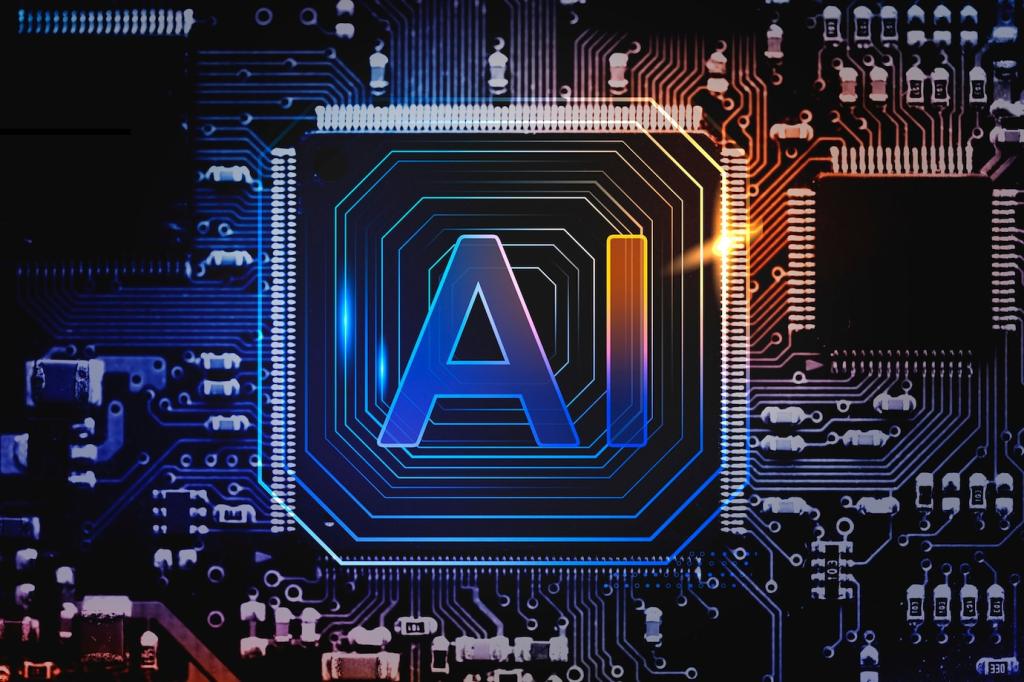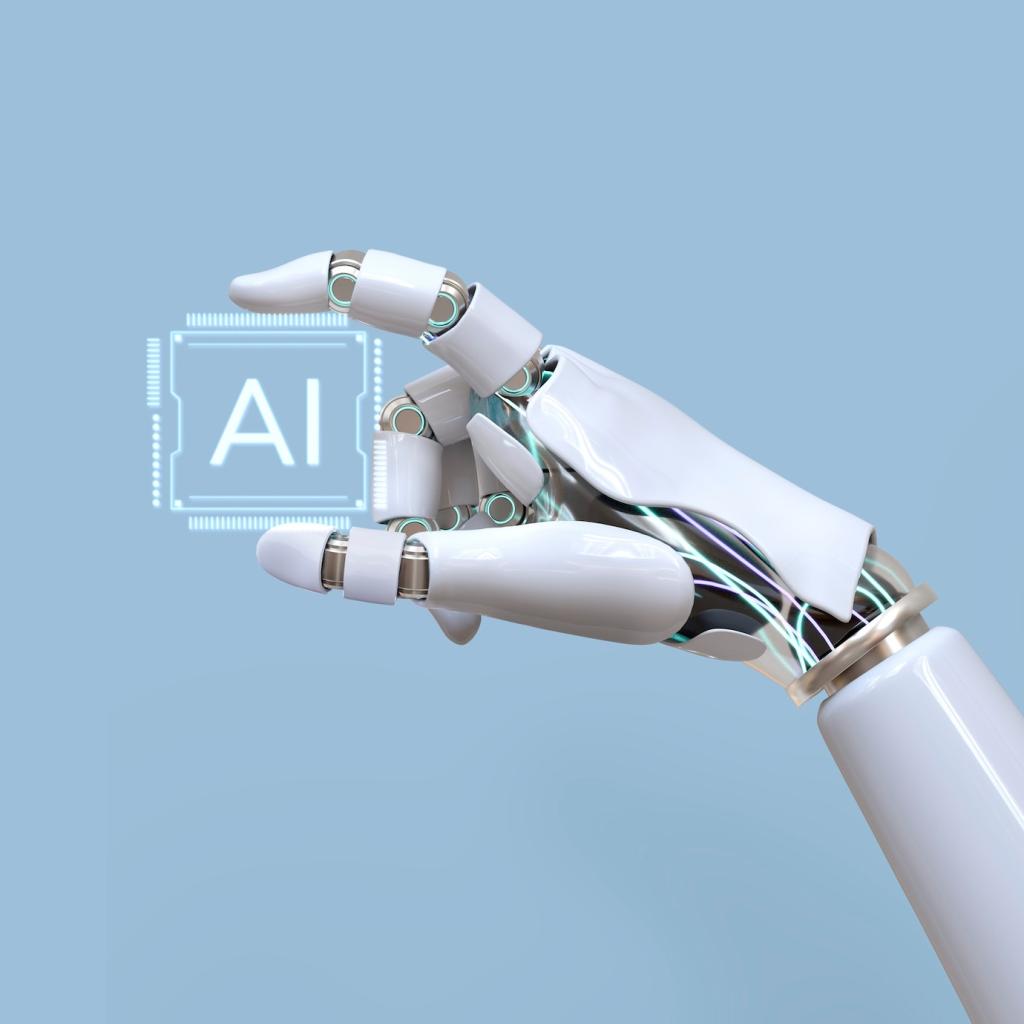The Future of AI in Healthcare: Innovations and Impacts
The intersection of artificial intelligence and healthcare is rapidly reshaping the landscape of medicine, patient care, and medical research. As AI continues to advance, its integration into healthcare offers unprecedented opportunities to improve outcomes, enhance efficiency, and revolutionize the way health services are delivered. This exploration delves into the evolving future of AI in healthcare, highlighting key innovations and examining the multifaceted impacts these technologies hold for both professionals and patients alike.
Transforming Diagnostics with Machine Learning
Imaging and Radiology
AI-powered imaging tools are fundamentally changing the role of radiologists and the practice of diagnostic imaging. Systems that analyze X-rays, MRIs, and CT scans can flag abnormalities with remarkable accuracy, supplementing human expertise and reducing the burden of repetitive image analysis. These tools are especially valuable in resource-limited settings where skilled radiologists are scarce, making timely and high-quality diagnostics more accessible across the globe.
Pathology and Lab Testing
In the field of pathology, AI is optimizing laboratory testing and analysis, reducing errors, and enhancing the speed of diagnosis. AI-driven platforms are scrutinizing blood samples, tissue biopsies, and other diagnostic materials, supporting pathologists with accurate, reproducible readings. This not only accelerates the turnaround time for critical test results but also reduces diagnostic variability, leading to more consistent and reliable patient care.
Predictive Analytics for Early Detection
Predictive analytics, enabled by machine learning, is paving the way for earlier detection and prevention of diseases. By analyzing large-scale patient data, these systems can identify risk factors and forecast disease onset well before symptoms appear. This proactive approach empowers healthcare providers to intervene sooner, potentially mitigating the progression of illnesses and improving long-term health outcomes for patients.
Personalizing Treatment and Care
Genomic Medicine Integration
AI is making strides in the interpretation and utilization of genomic data, unlocking new possibilities in personalized treatments. By rapidly processing large volumes of genetic information, AI can help clinicians pinpoint mutations responsible for diseases and recommend targeted therapies. This not only maximizes the effectiveness of treatments but also informs preventive strategies, ultimately contributing to the broader vision of precision health.
Adaptive Treatment Plans
Machine learning enables clinicians to create adaptive treatment plans that evolve in real-time based on patient responses. AI platforms can monitor ongoing therapy outcomes and suggest modifications, ensuring that each patient’s treatment remains optimized. This dynamic approach minimizes trial-and-error, reduces adverse effects, and improves the likelihood of successful recovery or disease management.
Enhancing Drug Interaction Safety
AI-driven systems are revolutionizing the identification and management of potential drug interactions, a critical aspect in multi-medication scenarios. By cross-referencing patient medications, history, and genetic information, AI can identify harmful interactions or contraindications before they occur. This capability enhances patient safety, especially for those with complex health profiles, and ensures optimal pharmacological care.

Automating Administrative Tasks
Natural language processing and automation tools powered by AI significantly reduce the administrative workload on healthcare providers. Documentation, appointment scheduling, billing, and other repetitive tasks are seamlessly managed, minimizing errors and freeing up valuable clinical resources. This shift not only enhances operational efficiency but also allows healthcare teams to concentrate on delivering better patient care.

Optimizing Resource Allocation
AI algorithms are now crucial in managing and forecasting resource needs within hospitals. From bed occupancy to staff scheduling, advanced systems analyze historical and real-time data to make informed decisions, reducing bottlenecks and minimizing waste. Enhanced resource management translates into improved patient experiences, shorter wait times, and more responsive healthcare services.
Accelerating Drug Discovery
The drug discovery process, historically slow and costly, is being expedited with artificial intelligence. Through deep learning and molecular modeling, AI can screen vast libraries of compounds, predict efficacy, and propose novel molecules for testing. This reduces the time and financial investment needed to bring life-saving medications to market, potentially offering quicker solutions for pressing health challenges.
Uncovering Disease Mechanisms
AI is instrumental in uncovering the mechanisms behind diseases at a molecular and systemic level. Advanced algorithms detect correlations within complex biological data, revealing patterns that inform our understanding of pathogenesis and progression. Such breakthroughs enable the development of more targeted therapies and interventions, which is central to the mission of precision medicine.
Enhancing Clinical Trials
Clinical trials, the cornerstone of medical innovation, benefit immensely from AI-driven optimization. AI identifies suitable candidates, predicts enrollment rates, and monitors real-time outcomes, increasing trial efficiency. By detecting signals and trends early, AI ensures that trials are more responsive and adaptive, facilitating faster and more accurate evaluation of new interventions.
Previous slide
Next slide


Ensuring Data Security and Privacy
AI technologies are being deployed to detect, prevent, and mitigate cyber threats within healthcare systems. Through continuous monitoring and anomaly detection, AI can identify suspicious activities in real time, enabling swift defenses against ransomware, data breaches, and unauthorized access. The integration of AI in cybersecurity marks a significant step toward maintaining the integrity and confidentiality of healthcare data.
Reducing Healthcare Inequities
Expanding Access to Underserved Populations
Telemedicine platforms and AI-powered mobile health solutions are bringing medical expertise to remote and rural areas where clinicians may be scarce. By leveraging AI-driven diagnostics and virtual consultations, these communities gain access to timely and expert care that was previously out of reach. This democratization of healthcare helps bridge significant geographic and socioeconomic gaps.

